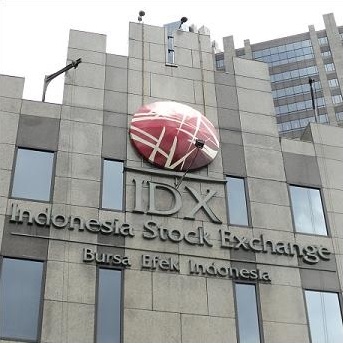The Indonesia Stock Exchange narrowed the daily limit on share-price losses to 10 percent in a bid to stem volatility after the benchmark index fell to a 20-month low.
The bourse cut the cap from between 20 percent to 35 percent starting Tuesday, the same day that state-owned companies collectively plan to spend at least 10 trillion ($710 million) on share buybacks. The benchmark Jakarta Composite Index rallied the most since March 2014.
Indonesia becomes the third Asian nation to follow China’s lead in imposing extraordinary measures to sandbag share markets amid a global rout triggered by the surprise devaluation of the yuan. Taiwan on Sunday issued a limited ban on short-selling after its benchmark index entered a bear market last week, while South Korean financial authorities were ordered to implement measures when necessary to shore up share prices.
“This is intended to prevent panic selling,” Andy Ferdinand, head of research at PT Batavia Prosperindo Sekuritas, said from Jakarta. “They only implement this kind of rule during extreme situations.”
For stocks priced between 50 rupiah and 200 rupiah, the limit was revised from 35 percent, while caps for shares priced at more than 200 rupiah were narrowed from between 20 percent to 25 percent. Both Taiwan and South Korea announced they would widen trading limits this year as regional bourses ease rules to attract investors.
The Jakarta Composite entered a bear market on Friday after falling more than 20 percent from an April 7 peak as capital outflows accelerated amid a weakening economy.
The index gained 2.7 percent to 4,275.58 at 10 a.m. local time, rebounding from a five-day drop to the lowest close since December 2013. PT Unilever Indonesia jumped 5.9 percent, heading for the biggest advance in two years. PT Bank Rakyat Indonesia added 5.7 percent and PT Astra International rose 4 percent.


